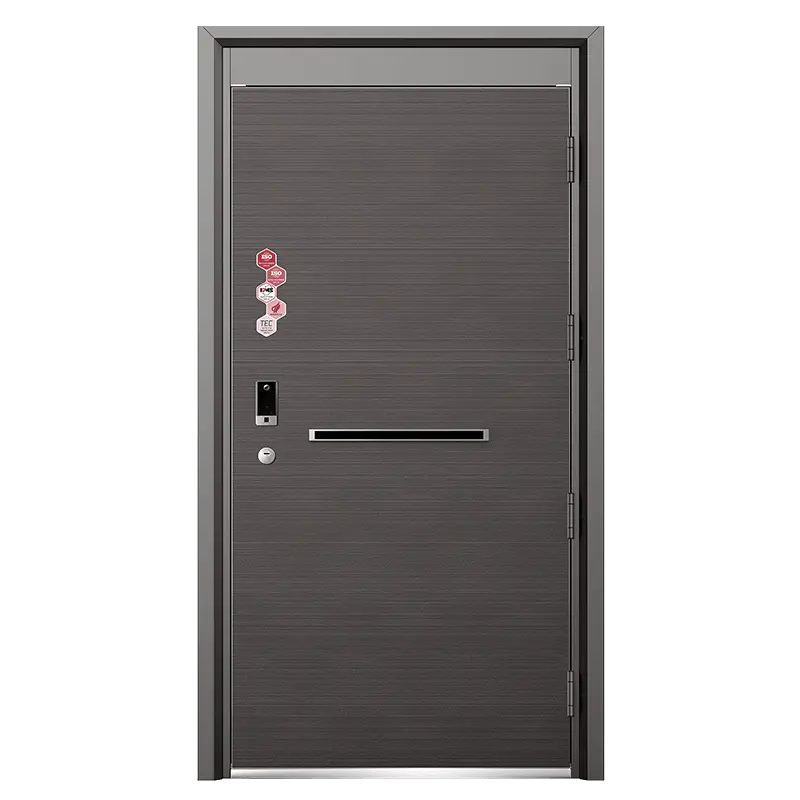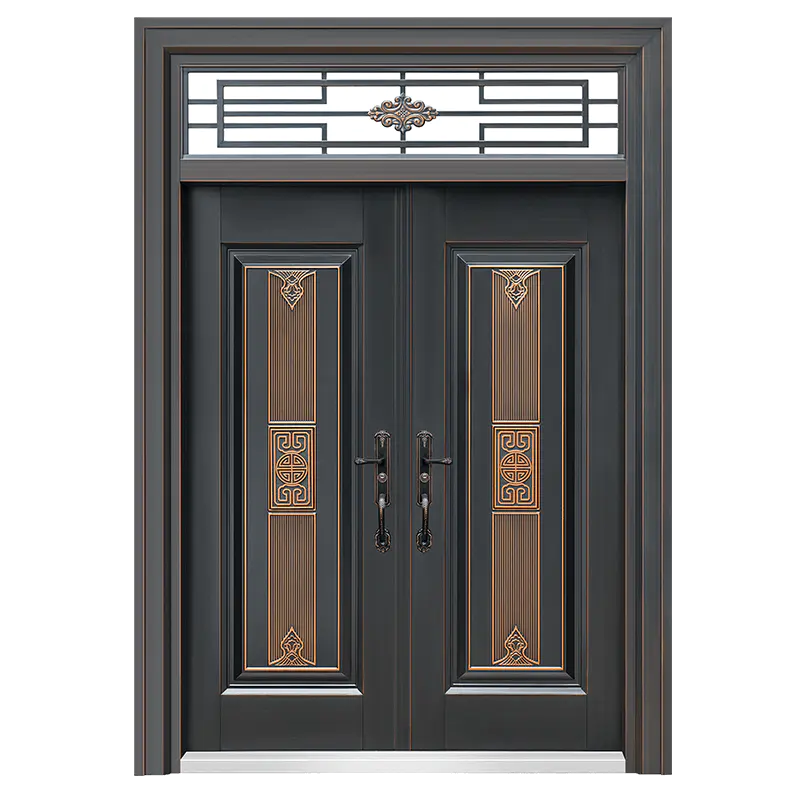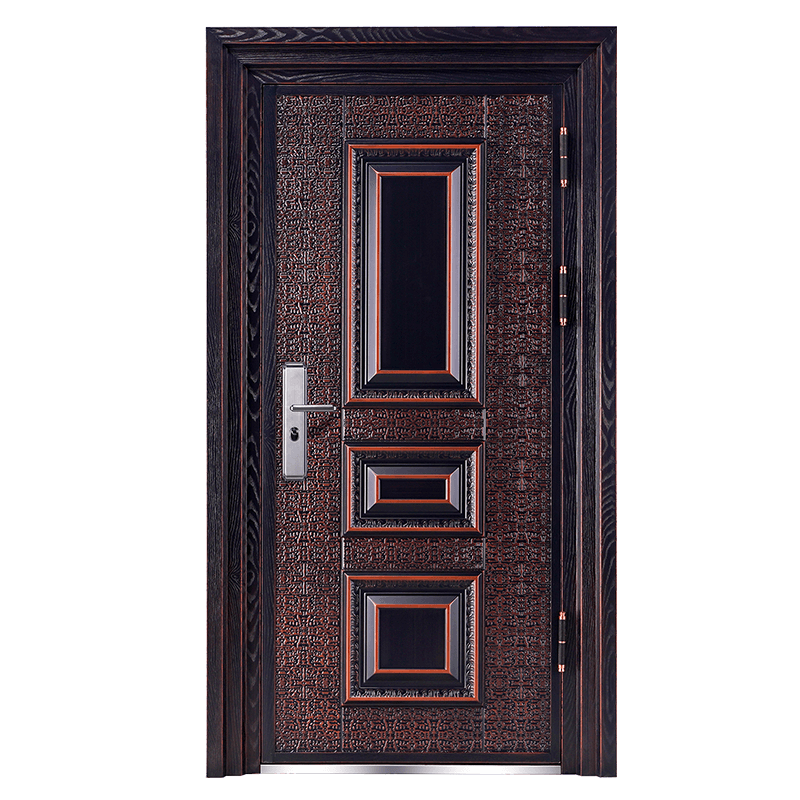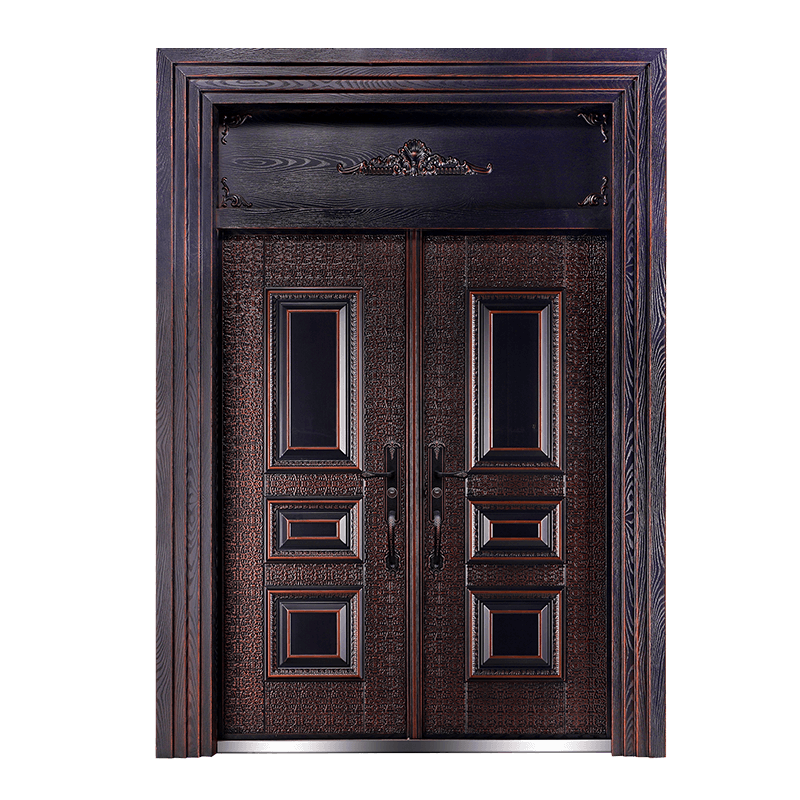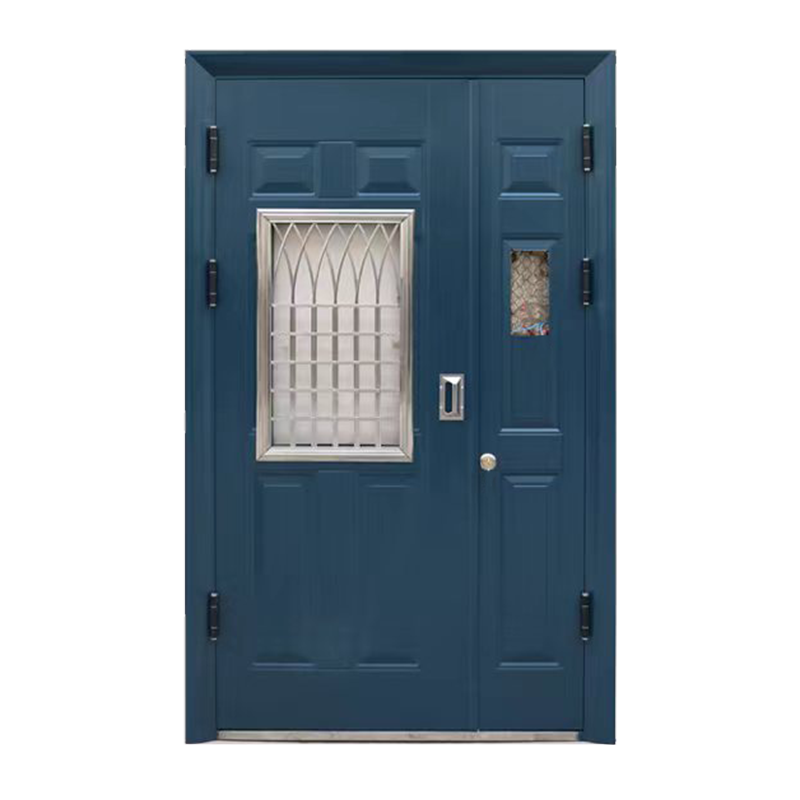Prevent Scratches and Dents on Kitchen And Bathroom Steel Door During Logistics and Transportation
Jun 25, 2025
Importance of Protecting Kitchen And Bathroom Steel Doors in Transit
During logistics and transportation, the Kitchen And Bathroom Steel Door is susceptible to scratches, dents, and other damages due to rough handling, stacking, or contact with sharp objects. Protecting these doors is crucial to maintain their aesthetic appeal, structural integrity, and overall quality. Damage during transit can cause customer dissatisfaction, increased costs for repairs or replacements, and delays in project timelines.
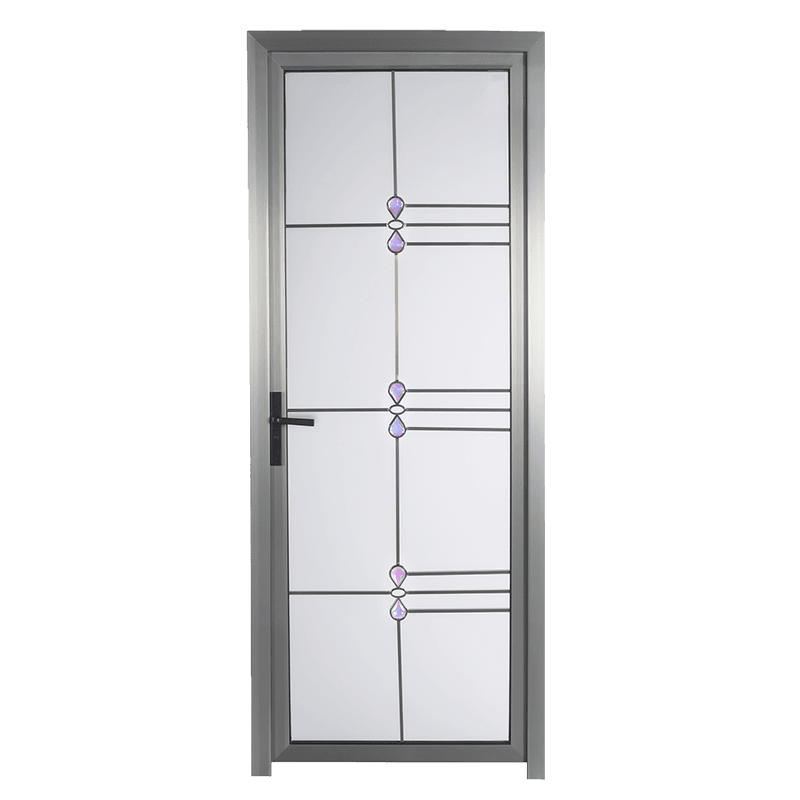
Use of Protective Packaging Materials
One of the effective ways to prevent scratches and dents on Kitchen And Bathroom Steel Doors is through the use of protective packaging. Manufacturers and shippers often wrap the doors in protective films such as polyethylene or PVC, which guard against surface abrasions. Additionally, using foam padding, bubble wrap, or cardboard corner protectors helps absorb shocks and prevent dents from impacts during loading and unloading.
Secure Palletizing and Proper Stacking
Proper palletizing plays a vital role in protecting Kitchen and Bathroom Steel Doors during transportation. Doors should be securely strapped or banded onto pallets to decrease movement. When stacking multiple doors, placing soft separators or protective sheets between each door prevents direct metal-to-metal contact that can cause scratches. Avoiding excessive stacking height also reduces the risk of crushing or deformation.
Careful Handling by Trained Personnel
The skill and care of the logistics personnel handling Kitchen and Bathroom Steel Doors significantly impact the likelihood of damage. Training workers on proper lifting techniques, avoiding dragging the doors on rough surfaces, and using appropriate handling equipment, such as dollies or forklifts, can reduce accidental bumps and scratches. Clear labeling on packaging to indicate “Fragile” or “Handle With Care” also helps increase awareness.
Use of Customized Transport Crates or Containers
For higher-value Kitchen And Bathroom Steel Doors or long-distance shipping, using customized crates or containers provides added protection. These crates are designed to fit the door dimensions snugly, preventing movement and absorbing external forces. Internal padding and shock-absorbing materials inside the crates offer extra defense against impacts, vibrations, and rough road conditions.
Impact of Weather and Environmental Factors
During transit, exposure to rain, dust, or bad temperatures can affect the surface quality of Kitchen and Bathroom Steel Doors. Waterproof packaging and sealed containers protect against moisture that could cause surface rust or corrosion. Dust covers and UV-resistant films also preserve the door’s finish, ensuring it arrives at its destination in pristine condition.
Inspection and Quality Control Before Shipment
Performing inspections before shipping helps identify any pre-existing scratches or dents, allowing corrective actions to be taken beforehand. Documenting the door’s condition with photographs and detailed reports ensures accountability during transit. Quality control protocols during loading and unloading help reduce the risk of damage, maintaining the product’s reputation for reliability.
Conclusion
Preventing scratches and dents on Kitchen And Bathroom Steel Doors during logistics and transportation requires a combination of protective packaging, careful handling, secure stacking, and environmental protection. By implementing these measures, manufacturers and logistics providers can ensure the doors arrive safely and in good condition, preserving their durability and visual appeal. Proper transit protection ultimately benefits both suppliers and customers by reducing costs and enhancing satisfaction.

 English
English 中文简体
中文简体 Français
Français Español
Español عربى
عربى